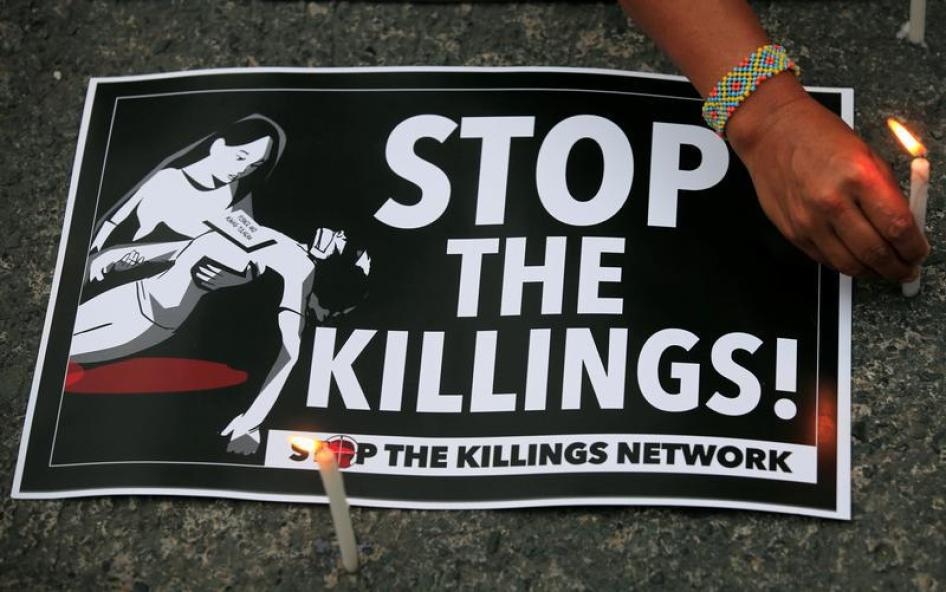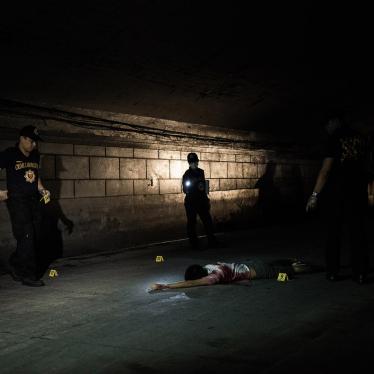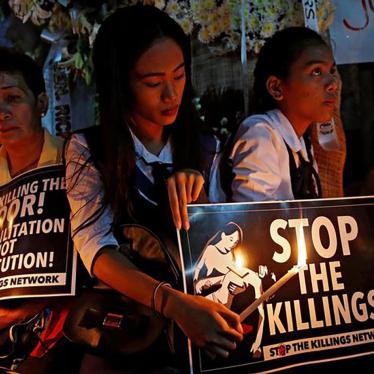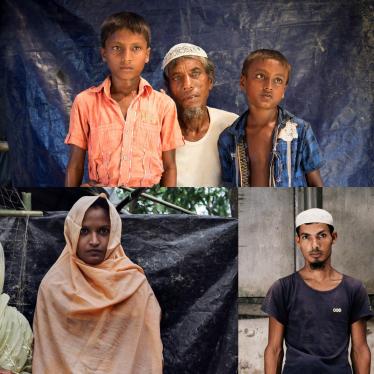Bensouda said the court will, “analyze crimes allegedly committed in [the Philippines] since at least 1 July 2016.” President Rodrigo Duterte launched his anti-drug campaign immediately after taking office on June 30, 2016. Bensouda said the ICC’s initial inquiry was based on allegations of “thousands” of deaths, many of which were linked to, “extrajudicial killings in the course of police anti-drug operations.”
The ICC’s action is a rebuke of the Philippine government’s campaign of denial and distraction seemingly designed to deflect growing evidence of extrajudicial executions that Duterte and senior government officials have incited and instigated. Philippine journalists, foreign correspondents, and international human rights organizations including Human Rights Watch have compiled damning evidence over the past 19 months of police involvement in thousands of extrajudicial killings.
An ICC preliminary examination is not a full-blown, on-the-ground investigation. But it’s a first step to determine a possible basis for a formal ICC investigation and sends an important signal that the severity of the alleged abuses warrants the prosecutor’s scrutiny.
Duterte’s spokesman, Harry Roque, dismissed the ICC’s decision as a “waste of the court’s time and resources.” His response is just the latest example of government efforts to deny the horrific human toll of the anti-drug campaign, which has resulted in more than an estimated 12,000 deaths, the majority urban slum dwellers.
There have only been a handful of Philippine government prosecutions of police personnel implicated in drug war killings, none of which have resulted in convictions. Instead, the government has effectively institutionalized impunity for police involvement in serious rights violations. In August, Duterte vowed to pardon and promote any police personnel implicated in unlawful killings.
The ICC’s announcement should spur efforts by United Nations member countries to push back against Duterte’s efforts to legitimize his bloody “drug war.” Indeed, the government’s unrelenting hostility to international scrutiny and accountability makes a UN-led international investigation crucial. Such an investigation would send the message that UN member countries strongly support justice in the Philippines and put further pressure on the Duterte government to stop the killings and to cooperate with efforts to hold those responsible to account.










